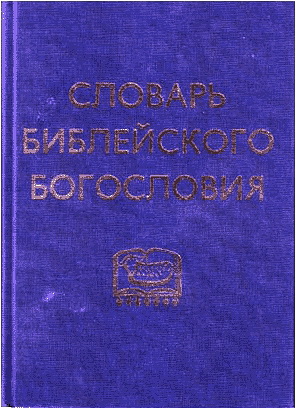
Jeremias - The Eucharistic Words of Jesus
THE NEW TESTAMENT LIBRARY
This is a fresh translation based on the third German edition (Die Abendmahlsworte Jesu, Gottingen, 1960), which, in contrast with the second edition (1949) upon which the original English translation (Oxford, 1955) was based, has been thoroughly revised and much enlarged. In addition to what had been written on the Eucharistic Words since the second edition, the Qumran Scrolls and recent research on the Passover of the Quartodecimanians called for special consideration. The section on 'The Contribution of Astronomy' was reworked.
Joachim Jeremias - The Eucharistic Words of Jesus
SCM PRESS LTD
BLOOMSBURY STREET LONDON
Translated by Norman Perrin from the German, Die Abendmahlsworte Jesu 3rd edition published i960 by Vandenhoeck & Ruprecht, Gottingen with the author's revisions to July 1964
First published I966
Joachim Jeremias 1966
Hrinted in Great Britain by W. & J. Magkay & Co Ltd, Chatham
Joachim Jeremias - The Eucharistic Words of Jesus - Contents
- Preface to the New English Edition
- Translator's Note
- Abbreviations
I WAS THE LAST SUPPER A PASSOVER MEAL?
- The Problem
- The Last Supper—Kiddus Meal? Haburah Meal? Essene Meal?
- The Contribution of Astronomy
- The Last Supper—a Passover Meal!
- Objections
- The Eucharistic Words of Jesus within the Framework of the Passover Meal
II THE ACCOUNT OF THE LAST SUPPER WITHIN THE FRAMEWORK OF THE PASSION NARRATIVE AND AS INDEPENDENT TRADITION
- A Comparison of the Markan Passion Narrative with the Johannine
- The Accounts of the Last Supper
- The Account of the Institution of the Lord's Supper as Independent Tradition
III THE INFLUENCE OF WORSHIP UPON THE TRANSMISSION OF THE EUCHARISTIC TEXTS
- The Use of the Account of the Institution at the Eucharist
- The Influence of the Liturgy on the Formulation of the
- Eucharistic Words
- The Protection of the Sacred Formula
IV THE OLDEST TEXT OF THE EUCHARISTIC WORDS OF JESUS
- Luke: Short Text or Long Text ?
- Comparison of the Texts
- Semitisms
- The Age of the Tradition
- The Oldest Attainable Form of the Tradition
- The Original Language
- Indications of the ipsissima vox
V THE MEANING OF THE EUCHARISTIC WORDS OF JESUS
- The Meal
- Jesus' Avowal of Abstinence
- The Words of Interpretation
- . . that God may remember me'
- The Acts of Praise
Index of Modern Authors
Index of References
Joachim Jeremias - The Eucharistic Words of Jesus - Preface to the new english edition
A study on 'The Influence of Worship upon the Transmission of the Eucharistic Texts' was added as chapter III (pp. io6ff.). In chapter IV ('The Oldest Text of the Eucharistic Words of Jesus'), which is devoted to recovering the oldest form of the eucharistic tradition, the section dealing with the semi-tisms has been enlarged (pp. 173гг.). Although their number has been increased in treating the Markan account, I no longer consider this account as the oldest form of the tradition; rather I should prefer to think that in the earliest times we have to reckon with quite a number of parallel versions behind which the Urform lies hidden. Whether this was Aramaic or Hebrew must remain an open question; we shall have to be content to state that the text was probably passed on in both idioms (pp. 196гг.). Linguistic evidence points to a pre-liturgical historical account as the oldest stage of tradition (pp. 191гг.). The final chapter V ('The Meaning of the Eucharistic Words of Jesus') was the one most affected by revision. Jesus' avowal of abstinence is given a fresh interpretation by means of the Quartodecimanian texts (pp. 207гг.). The anamnesis problem is approached on the basis of a comprehensive collection of the relevant materials (pp. 237гг.). Finally, guided by the Late Jewish exegesis of Ps. n8.25fF. referring to the antiphonal choir which was to greet the Messiah at his parousia, it is shown that the Lord's Supper was from the very beginning an anticipation—or more precisely an 'antedonation'—of the final consummation (pp. 255гг.).
My aim has been to present the historical evidence as the basis for a careful exegesis of the Eucharistic Words. Studies in the Lord's Supper not infrequently leave the reader with the uneasy feeling that the author has unconsciously read into the text what he would like to find. Must we not all learn better to listen to the text alone? To do this, research into Jesus' environment provides an indispensable help. The endeavour to re-create the world in which Jesus lived and which lent him its language will give us many fresh insights. No doubt it will also confront us with unexpected and bewildering questions which, however, will eventually deepen our understanding, if we do not attempt to evade them. Exegesis is, after all, a matter of obedience.
My warmest thanks are due to Dr N. Perrin of the University of Chicago Divinity School, who spared no time and pains to present this book in an exact and readable translation. I thank him especially for translating the Greek and Semitic material into English, and for changing book references to their English translations, if such were available. I am also indebted to Dr C. Burchard and Dr B. Schaller who helped to prepare the manuscript and see it through the press.
May this study not only serve to promote further research, but also to help those who carry on the ministry of the Word.
Gottingen July1964
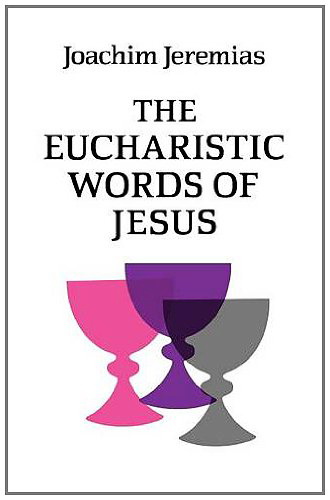
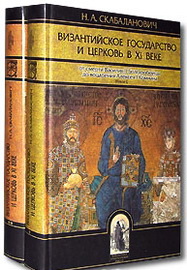
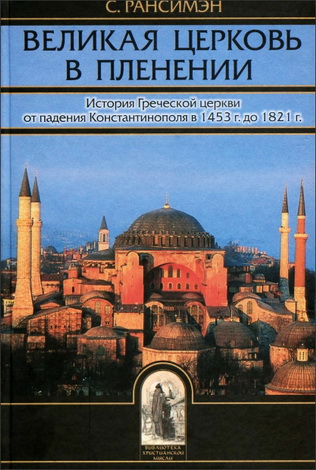
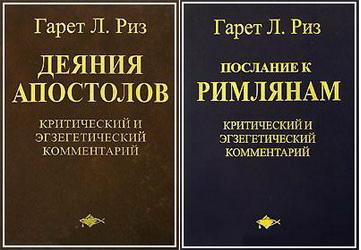
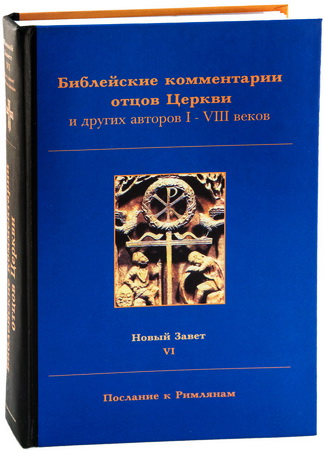
Комментарии
Пока нет комментариев. Будьте первым!